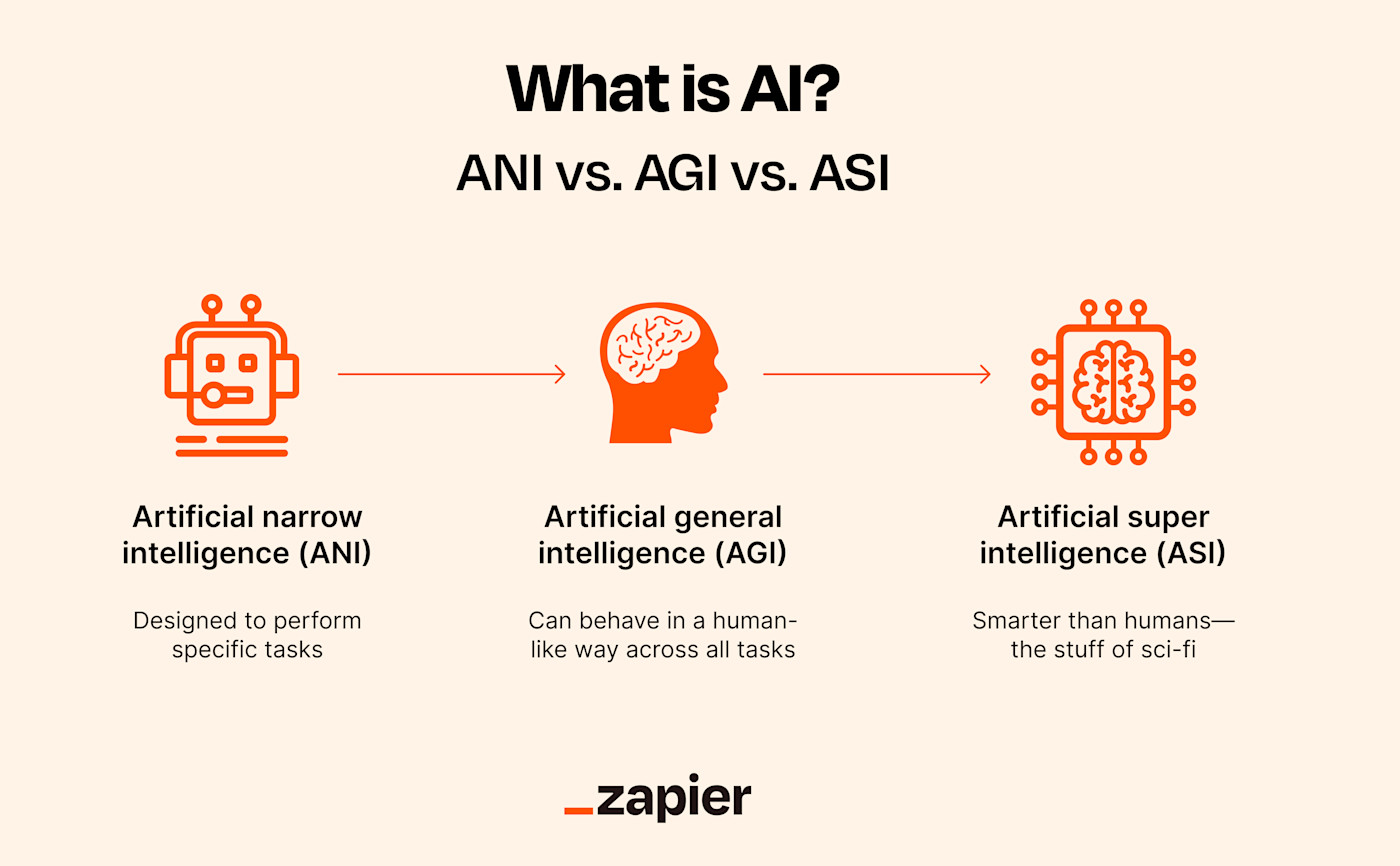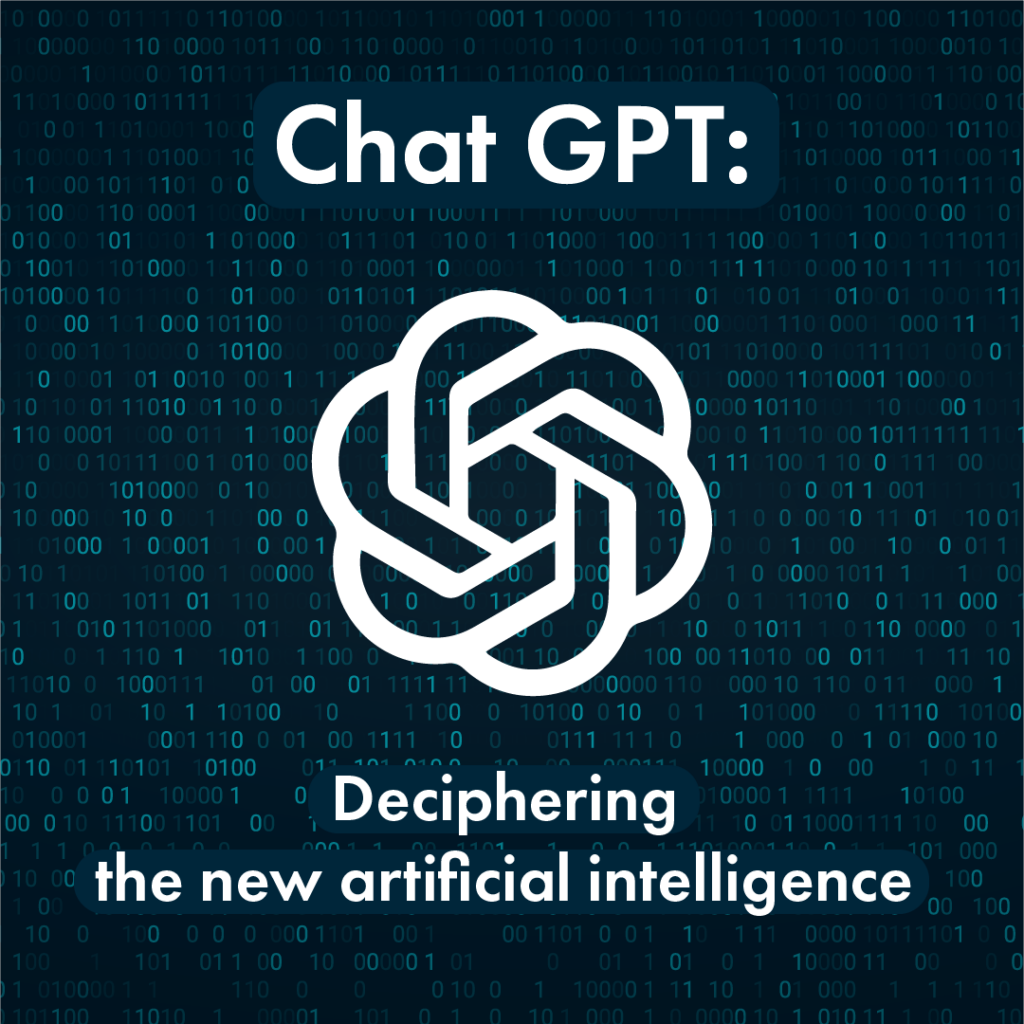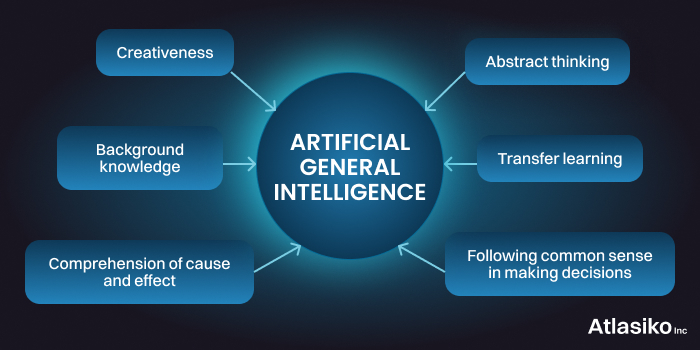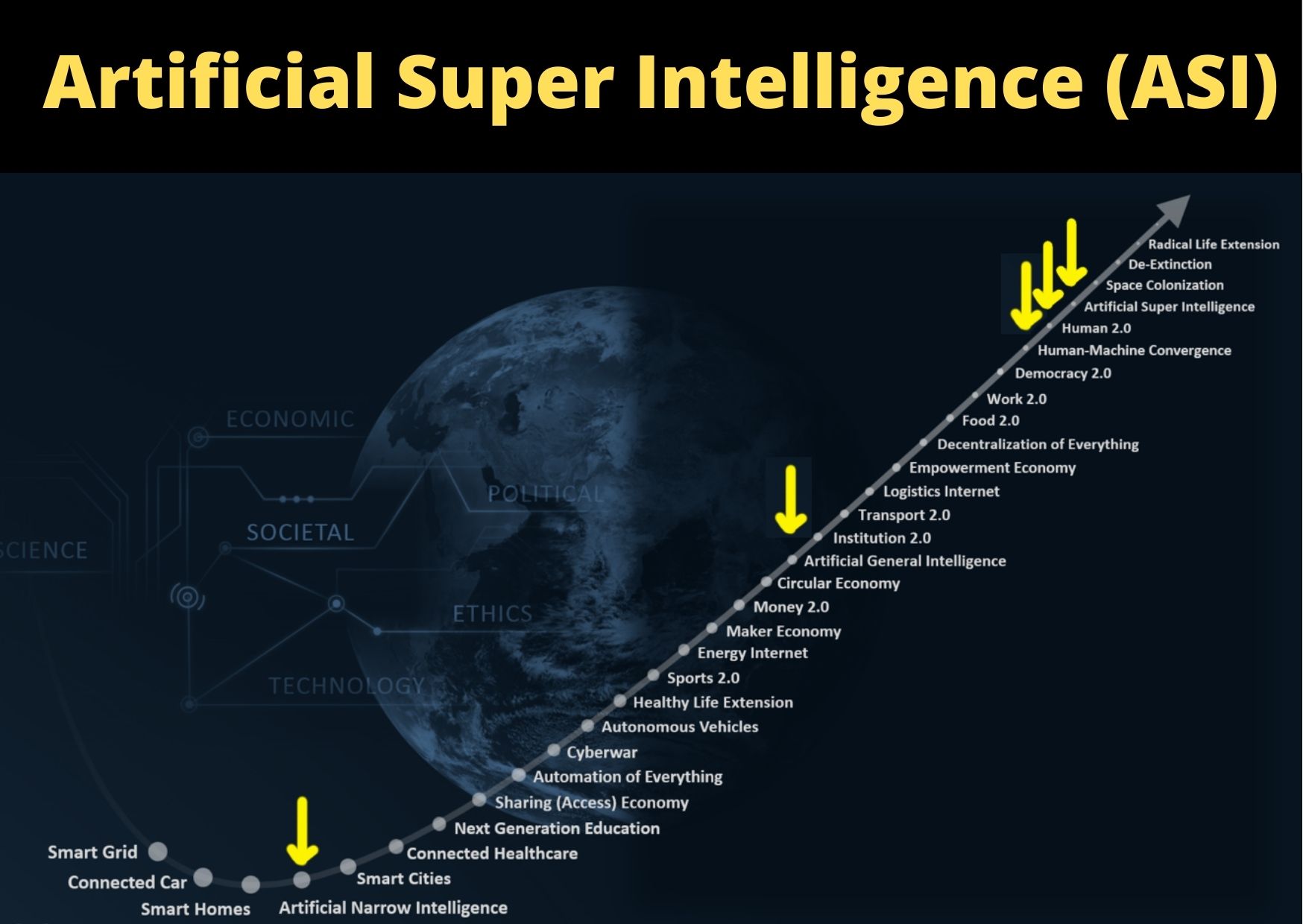ANI >> AGI >> ASI
Artificial Intelligence (AI) has undergone a remarkable evolution since its inception, progressing from specialized systems capable of performing narrow tasks to the realm of potentially surpassing human intelligence altogether. This journey is marked by distinct stages: Artificial Narrow Intelligence (ANI), Artificial General Intelligence (AGI), and the hypothetical pinnacle, Artificial Superintelligence (ASI). Understanding this progression sheds light on both the current state of AI and its future implications for society.

Artificial Narrow Intelligence (ANI):
ANI, also known as weak AI, refers to AI systems designed for specific tasks or domains. Examples abound in everyday life, from virtual assistants like Siri and Alexa to recommendation algorithms used by streaming services. ANI excels within its predefined scope but lacks general cognitive abilities. Its intelligence is narrow, focused, and unable to transfer knowledge across domains.
Example: ChatGPT, Siri, Alexa


Artificial General Intelligence (AGI):
AGI represents a significant leap forward, embodying AI systems capable of understanding, learning, and applying knowledge across diverse domains at a human level or beyond. Unlike ANI, AGI possesses general cognitive abilities, enabling it to adapt to novel situations, learn from experience, and engage in complex problem-solving independently. Achieving AGI remains a daunting challenge, as it requires developing algorithms and architectures capable of flexible reasoning and learning across diverse contexts.

Artificial Superintelligence (ASI):
At the apex of the AI hierarchy lies ASI, an intelligence surpassing not only human capabilities but also the collective intelligence of all humanity combined. ASI represents a hypothetical future stage where AI systems exhibit cognitive abilities far beyond human comprehension, potentially reshaping the fabric of civilization in profound ways. While ASI remains speculative, its emergence raises fundamental questions about ethics, control, and the very nature of intelligence.

Organizations at the Forefront of AGI and ASI Research:
- OpenAI: OpenAI is a research organization focused on advancing AI in a safe and beneficial manner. They have been at the forefront of AGI research and have made significant contributions to the field.
- DeepMind: DeepMind, acquired by Google in 2014, is known for its work in developing AI algorithms capable of learning and reasoning. They have been exploring the path towards AGI through various research projects.
- Google: Google’s AI research division, Google AI, is heavily invested in pushing the boundaries of AI capabilities. While their primary focus may not be explicitly on AGI or ASI, their research contributes to the broader understanding of AI development.
- Facebook AI Research (FAIR): FAIR is dedicated to advancing the field of AI through open research and collaboration. They have been involved in various projects exploring AI’s potential towards AGI.
- Microsoft Research: Microsoft Research conducts extensive research in AI and machine learning. While AGI or ASI may not be their explicit focus, their work contributes to the broader landscape of AI development.
Elon Musk’s lawsuit against the OpenAI
Musk sued OpenAI this week, accusing the company of breaching the terms of its founding agreement and violating its founding principles. In his telling, OpenAI was established as a nonprofit that would build powerful AI systems for the good of humanity and give its research away freely to the public. But Musk argues that OpenAI broke that promise by starting a for-profit subsidiary that took on billions of dollars in investments from Microsoft.
For more Information, please refer the Article link below.
https://www.business-standard.com/world-news/the-paradox-at-the-heart-of-elon-musk-s-lawsuit-against-the-openai-124030400010_1.html
Implications and Future Directions:
- The progression from ANI to ASI holds immense implications for society, economy, and humanity as a whole. On one hand, AGI and ASI promise unprecedented advances in fields such as healthcare, education, and science, potentially solving some of humanity’s most pressing challenges. On the other hand, the rise of superintelligent AI poses existential risks, ranging from economic disruption to the loss of human autonomy.
- Ensuring a beneficial outcome requires careful consideration of AI ethics, safety, and governance. Ethical frameworks must guide the development and deployment of AI systems, prioritizing human values and societal well-being. Safety mechanisms, including robust fail-safes and alignment algorithms, are essential to mitigate the risks associated with AGI and ASI. Moreover, international collaboration and dialogue are crucial to establishing norms and regulations governing AI development and deployment on a global scale.
In conclusion, the journey from ANI to ASI represents a profound transformation in the history of humanity, offering both unprecedented opportunities and existential challenges. Understanding this progression and its implications is vital for shaping a future where AI serves as a force for good, augmenting human capabilities while safeguarding our collective well-being.